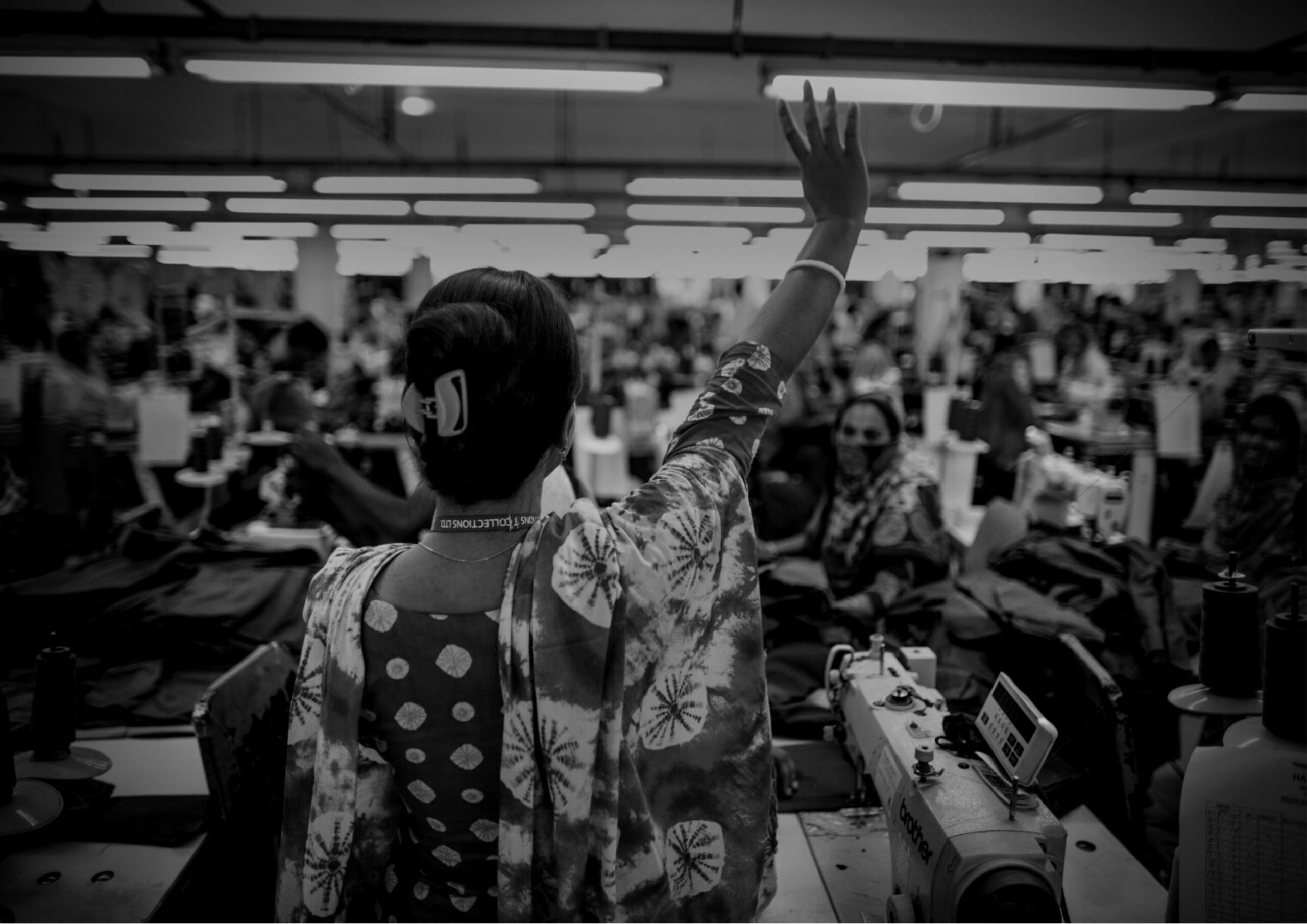
Model Arbitration Clauses for Disputes Arising Under Enforceable Brand Agreements
Trade unions and their allies are critical actors in driving corporate accountability for workers’ rights in global supply chains. In the wake of the Rana Plaza disaster and other industrial tragedies and labor rights abuses, trade unions and their allies are forging meaningful corporate accountability for workers rights by negotiating legally binding, enforceable agreements between brands and trade unions that cover labor rights in the operations of brands’ third-party suppliers.
These agreements, which are often referred to by their proponents as “enforceable brand agreements” or “EBAs”, raise the bar for protection of labor rights in supply chains by replacing brands’ voluntary corporate social responsibility programs that have failed to end abuses with legally enforceable obligations to require and ensure that suppliers respect workers’ rights.
EBAs like the Accord on Fire and Building Safety in Bangladesh (the Accord) have achieved historic progress when compared to the dismal track record of traditional CSR programs. The death-toll from garment factory fires and building collapses in Bangladesh has been reduced by over 95% since the Accord’s inception. Despite this progress, the dispute resolution mechanism that ensures its enforceability has proven to be overly expensive, time consuming and less-than-transparent in practice. In order for EBAs to deliver greater accountability and transparency, they require more agile and efficient methods of dispute resolution.
Designed for direct incorporation into enforceable brand agreements, the Model Arbitration Clauses for the Resolution of Disputes under Enforceable Brand Agreements Clauses advance a streamlined arbitration system that protects impartiality and due process while avoiding excessive litigiousness, promoting transparency, alleviating burdensome costs, and providing final and binding enforcement. The Clauses draw from leading international arbitration rules and existing supply-chain agreements negotiated by trade unions, labor rights NGOs and brands.
ArbProjFinalDraft_June-17-2020-1

